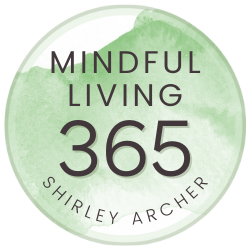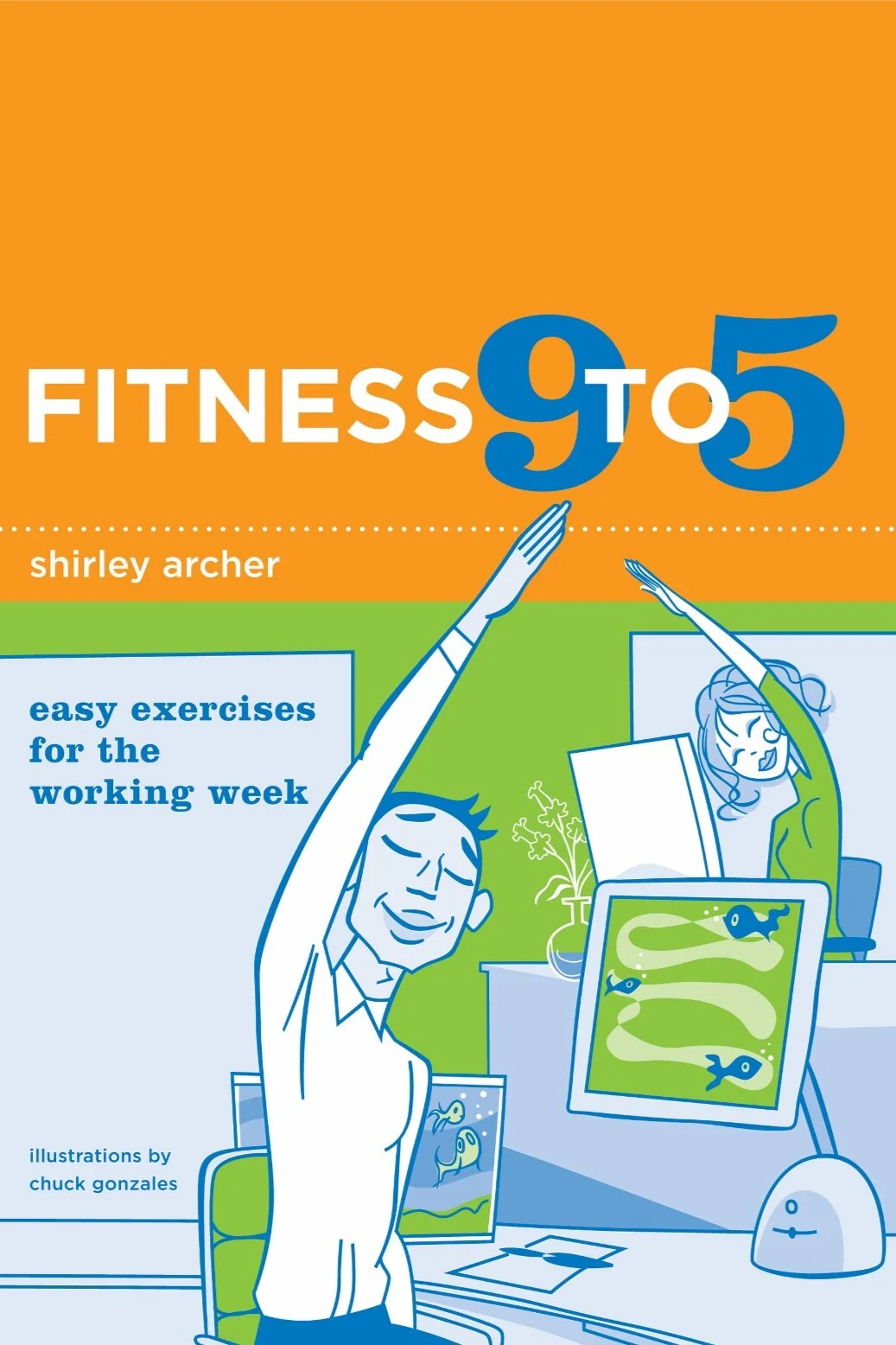BE LESS REACTIVE FOR BETTER HEALTH
A benefit of practicing mindfulness is that you learn to be less reactive to stressful in emotional situations. This is good for your health. We all have 'buttons' that, when pressed, can cause us to lose control. It does not have to be that way.
When you watch over time the issues that press your buttons—for example, I hate it when people tell me, "You're wrong," because I pride myself on being very careful to get things right—you can learn, rather than react according to old patterns you may have had since childhood.
For example, I've learned that rather than immediately explain why I'm not wrong, if I listen I can get valuable insights. And, by listening fully first, I usually have a chance to explain my position and we can reach a place of mutual understanding. I like the Japanese legal solution where two parties can both be right, without a winner and a loser. (To learn more about how the Japanese legal system is more inquisitorial, rather than adversarial, click here.)
At any rate, findings from a Pennsylvania State University in University Park, Pennsylvania, study show that taking a moment to regain perspective—like listening to what another person may want to express—before reacting to a stressful event (like being criticized) may not only make you feel better at the time—it may also contribute to better health over a lifetime. These findings are based on an analysis of the relationship between people’s reactions to stressful events and their overall health 10 years later.
“Our research shows that how you react to what happens in your life today predicts your chronic health conditions 10 years in the future, independent of your current health and your future stress,” said David M. Almeida, PhD, professor of human development and family studies, in a press release issued by Penn State. “For example, if you have a lot of work to do today and you are really grumpy because of it, then you are more likely to suffer negative health consequences 10 years from now than someone who also has a lot of work to do today, but doesn’t let it bother her.”
Another interesting point by Almeida is that reducing stressors is not necessarily the answer, as some may be unavoidable. “I used to think the key to avoiding the negative health effects of stress was to avoid stressors," said Almeida. "But my research has shown that this is not entirely true. It turns out it’s not the stressors that cause health problems; it’s people’s emotional reactions to the stressors that determine whether they will suffer health consequences.“
What people need to learn is a healthy way to keep perspective on life's ups and downs. Why not try a mindfulness practice?
To get started try a paced breathing exercise to help you begin to create more calm as you become more mindful of your thoughts and feelings. As we've discussed in this article, paced breathing is a proven technique to naturally reduce high blood pressure and to create feelings of calm and improved mood. It also helps women cope with menopausal symptoms. Here's a guided meditation exercise you can try for yourself.
Or listen to my podcast below.
PRODUCT PICKS THAT YOU WILL LOVE
Visit my YouTube channel to subscribe for more tips. Have you downloaded Your Path to Peace? Go from stressed and anxious to calm and at ease in 5 simple steps. If this post helped you, please share with friends now, by using the buttons below. Thanks!


















